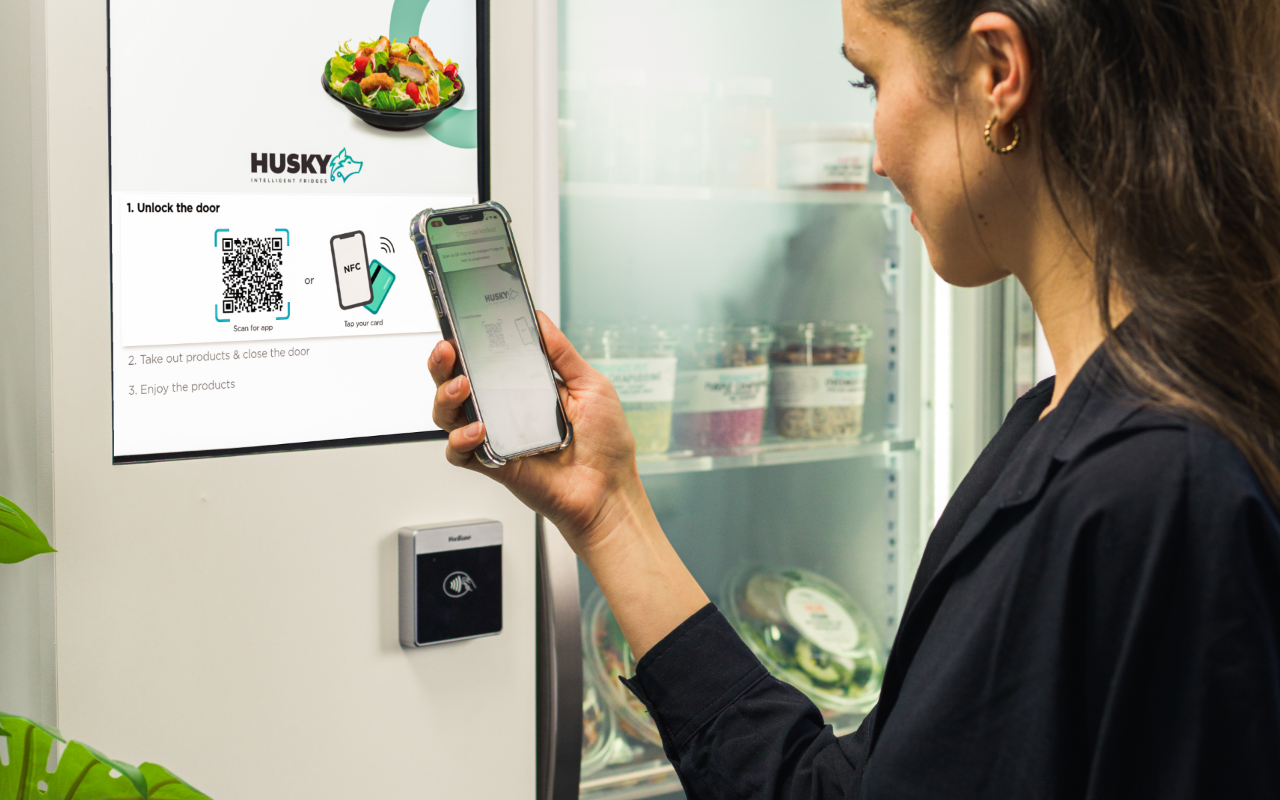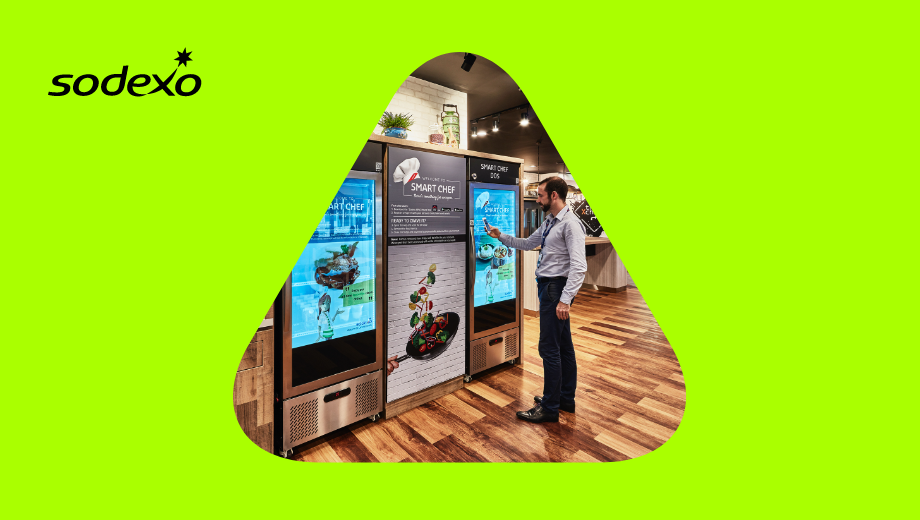Grocery industry leaders understand how fiercely competitive a market can be. In the past decade, discounters and tech innovators have disrupted the industry, reshaping its landscape and forcing the large traditional grocers to rethink their business.
In combination with inflation and labor shortages, profit margins in food retail are chronically thin, hovering between 1-3%. In this strained market environment, food retailers also see customer expectations are quickly evolving, new competitors are emerging, and sustainability questions need answering. How are technologies enabling food retailers to maintain the competitive edge?
Intelligent technologies
Today’s consumers demand more than just products from their local supermarket; as we covered in a previous article they expect convenience, personalization, and sustainability. The growth of instant delivery services in other sectors, including food services, confirms the popularity of retailers that offer their customers instant gratification. Uber Eats has rapidly expanded to 6000 cities worldwide since launching 10 years ago - a staggering achievement! In food retail, another innovation inspired by evolving consumer expectations for convenience, personalisation and sustainability is the intelligent fridge.
Smarter inventory management
A new generation of fresh food fridges and retail units are being enhanced with digital technologies to enable automated inventory management and unmanned sales. Intelligent fridges are already being embraced by companies to offer their employees fresh and healthy food as an alternative to a traditional catering service, and by the hospitality sector as smart vending solutions.




